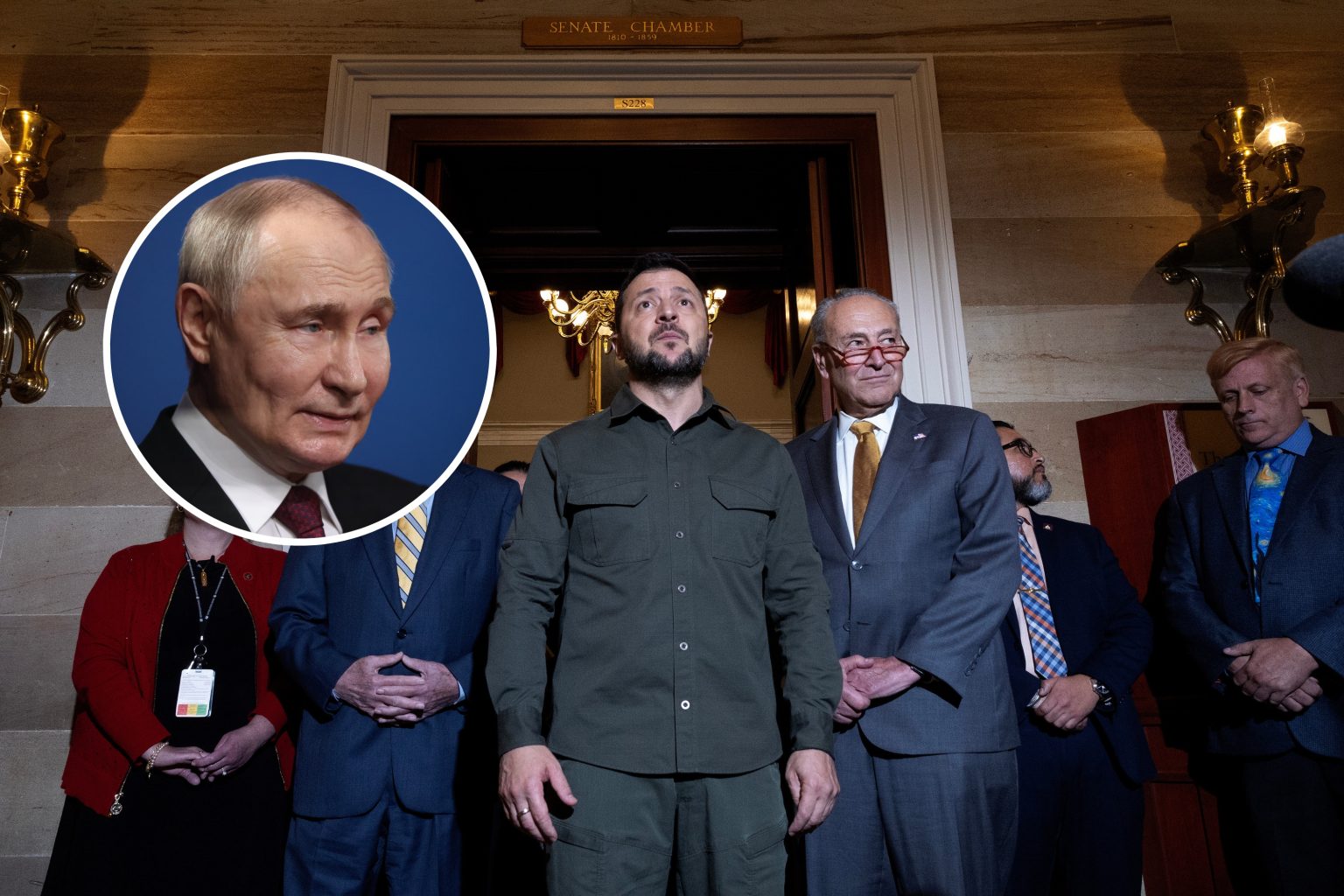The Russian military is taking advantage of delays in U.S. military aid deliveries to Ukraine, as reported by the Institute for the Study of War (ISW). Ukrainian President Volodymyr Zelensky’s adviser, Mykhailo Podolyak, expressed concerns over the slow arrival of American military aid, stating that Russian forces currently have an advantage in shells and missiles, which could allow them to press along the frontline and force the pro-Ukrainian coalition into accepting unfavorable terms. ISW warns that Russia’s attempt to freeze the current frontline during the aid stall could be advantageous to Moscow’s war efforts, giving them time to reconstitute and prepare for renewed aggression against Ukraine.
Following Russia’s strategic advances in its invasion of Ukraine earlier this year, Western military aid to Kyiv, particularly from the U.S., has been slow to arrive. While a $61 billion aid package was finally approved by Congress and signed into law by President Joe Biden in April, concerns remain about the speed of delivery. Zelensky has urged Western allies to make quicker decisions and speed up aid deliveries, emphasizing the need for support to counter Russia’s air superiority. Despite pledges from European NATO nations to supply jets to Ukraine, delays in deliveries have raised questions about the effectiveness of the aid, with some experts noting that weapon systems often arrive after they would have been most effective.
The delays in U.S. aid deliveries create a window of opportunity for the Russian military to exploit their advantage in ammunition and press along the frontline to gain strategic advantages. The situation is further complicated by the slow integration of additional Western military assistance into Ukrainian frontline troop formations. While Ukraine’s European NATO allies have committed to sending more aid, the timing of deliveries raises concerns about their impact on the ongoing conflict. The delivery of military jets, in particular, is seen as essential to countering Russia’s air superiority, but the prolonged decision-making and delivery process could potentially undermine their effectiveness on the battlefield.
Western allies, including the United States, have faced criticism for the slow pace of aid delivery to Ukraine, despite the urgent need for support to defend against Russian aggression. Ukrainian officials, including President Zelensky, have repeatedly called for faster decisions and deliveries to address critical gaps in military capabilities. The slow pace of aid delivery raises concerns about the timing of support reaching the front lines and the potential for Russian forces to adapt to any new weaponry or equipment provided to Ukrainian forces. The ongoing delays underscore the challenges of coordinating international military assistance in a rapidly evolving conflict.
The Institute for the Study of War (ISW) warns that Russia’s attempt to freeze the current frontline during delays in U.S. aid deliveries could provide them with a strategic advantage, allowing them to regroup and prepare for renewed aggression against Ukraine. The slow integration of Western military assistance into Ukrainian forces compounds the challenges faced by Kyiv in countering Russian advances. The urgency of the situation prompts calls for Western allies to expedite aid deliveries to prevent further encroachments by Russian forces and to bolster Ukraine’s ability to defend its sovereignty. The ongoing conflict highlights the complexities and risks involved in providing military assistance to a nation under siege by a hostile neighbor.








